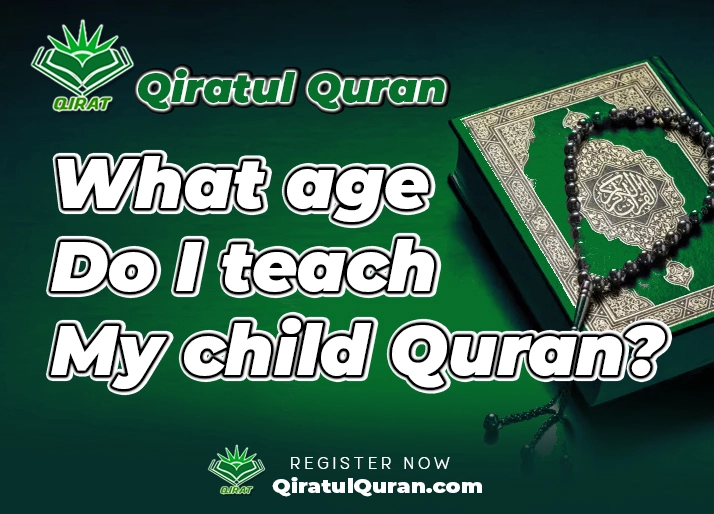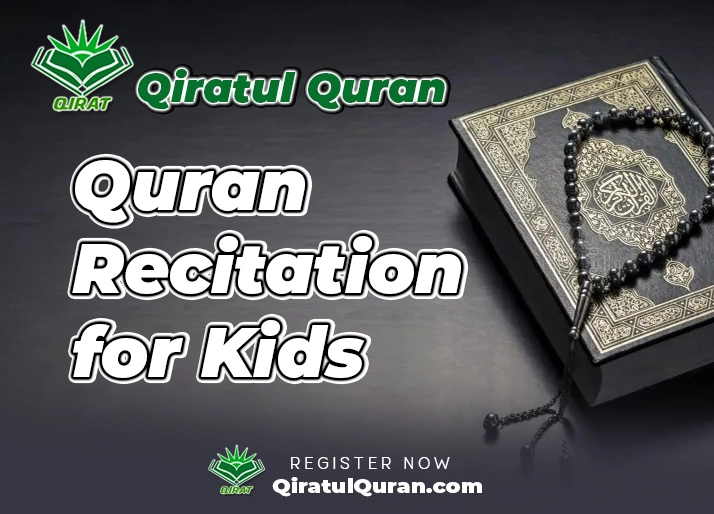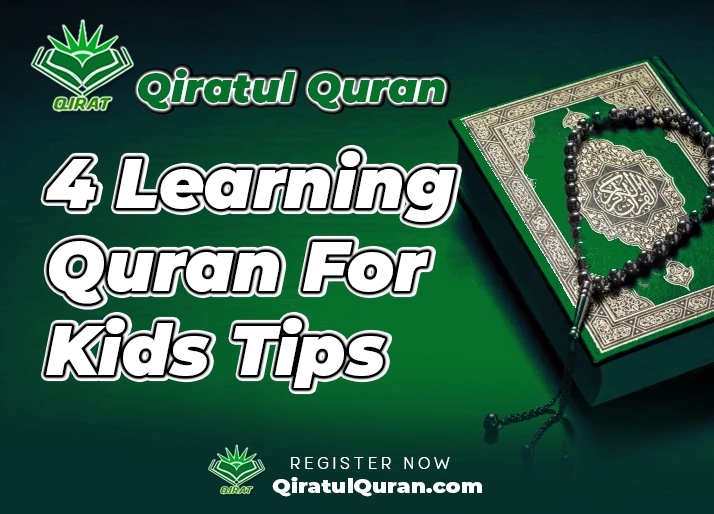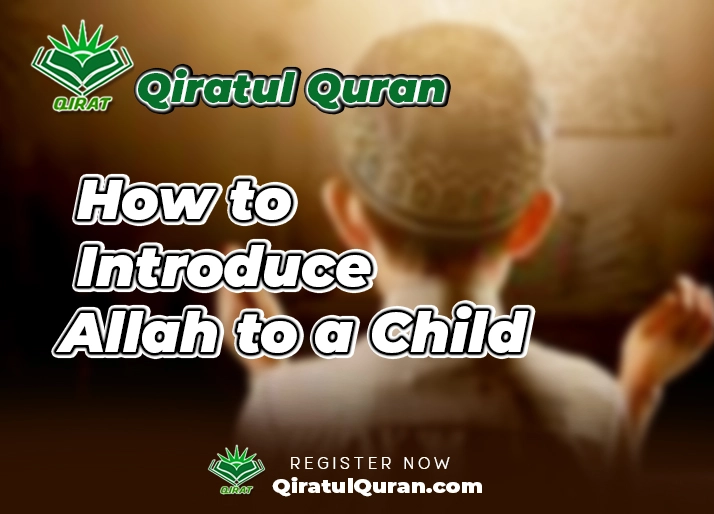
When to Start Teaching Children the Quran
What age do I teach my child Quran? Determining the right age to introduce children to the Quran and start Quran lessons is an important decision. With the proper approach and methodology, In the Qiratul Quran Quranic education can shape a child’s identity, impart moral values, and nurture a lasting connection with the holy book. This article explores different perspectives on what age is best, as well as methodology and tips for successfully teaching the Quran to children.
Importance of Childhood Quranic Education
Early Introduction Connects Children’s Hearts to the Quran
Teaching Quran to children can foster a deep, lifelong connection and devotion to the holy book. Children’s hearts and minds are impressionable, so early positive experiences with the Quran allow reverence and love for it to grow and be ingrained from a young age. Introducing it early in a child’s development ensures the Quran becomes part of the child’s worldview and identity.
Builds Strong Faith and Moral Character
Studying the Quran shapes a Muslim child’s faith, identity, and moral compass. Through learning its teachings, children better understand their purpose and place in this world. This cultivates piety, self-discipline, and moral character from within. With the right instructional approach, they feel a sincere attachment and submit themselves wholeheartedly to Allah’s divine wisdom and message in the Quran.
Teaches Children How to Learn the Quran Properly
Starting Quran lessons early enables children to learn proper tajweed rules and makharij (pronunciation) from a young age. This proficiency in Quranic Arabic serves them lifelong in their practice. Early exposure also equips them with effective study techniques, etiquette in handling the Quran, and an appreciation for the uniqueness of Quranic Arabic. These form the foundation for higher Quranic learning later in life. Here is the method What age do I teach my child Quran.
Best Ages to Introduce Children to the Quran
As early as 0-3 Years Old
Early childhood is loved by Allah, as evident in the hadith which promises Paradise for those who pass away at a young age. This makes infancy an optimal time for early exposure to the Quran. Letting children listen to Quran recitation allows their young minds to absorb the authentic sound and tone of Allah’s words. This early introduction sows the initial seeds of love and attachment. Gentle techniques can be used like reciting verses near them and integrating Quranic phrases into lullabies.
3-5 Years: Building Familiarity
At 3-5 years old, a child’s speech, cognitive abilities, and attention span evolve rapidly to allow proper introduction to the Quran. A child can comprehend simple concepts, articulate sounds, and words clearly, and engage meaningfully with stories and activities. Activities like showing basic makharij, listening to stories of the prophets, and memorizing a few short surahs or duaas help familiarize them with the Quran. This plants deeper seeds of love and comprehension.
5-7+ Years: Structured Quran Lessons
Starting anywhere between 5-7 years old, a child can start structured lessons with a qualified Quran teacher. At this age, the child has good focus, comprehension, and retention abilities to follow a Quran curriculum. Lessons can cover tajweed fundamentals like makharij and rules, memorization of short surahs, and reading fluency of Quranic Arabic through word and sentence structures. Learning is interspersed with activities, stories, and moral lessons to nurture their spiritual connection with Allah through his words. These are the best ages to teach your child the Quran.
How to Effectively Teach Quran to Children
Here are some tips to effectively nurture a child’s relationship with the Quran:
Inspire Love Before Rigor
Prioritize igniting the spark of love, inspiration, and connection with Allah’s words first. Getting the meaning behind verses, stories, and parables allows children to genuinely connect and engage with the Quran. Memorization and perfection of rules can come after inspiration takes root in their hearts. Move step-by-step, and focus on comprehension first before rigorous rituals.
Tailor to Their Attention Span
Young children have short attention spans. Lessons need to cater to this—short, focused, and varied. Switch between different modes: listen to melodious Quran recitation, read a story and learn an applicable duaa, or play a game to memorize vocabulary or verses. Varied activities tailored to their developing abilities retain their engagement and interest best.
Make it Relatable
Quran teachings need to connect with a child’s realities. Relate verses or lessons to their lives, interests, and experiences. Use examples they identify within their environment, play, ethics, and duties as a child, sibling, or friend. This embedding within their own chronological, social, and emotional developing states helps internalize lessons effectively.
Develop Age-Appropriate Goals
Children learn best when lessons have clear, achievable targets. Break up bigger goals into smaller milestones appropriate for their abilities. For example, memorizing longer chapters or perfecting pronunciation rules broadly may overwhelm them. Shorter achievable goals like learning the key vocabulary, memorizing 5 verses at a time, or focusing on 2-3 tajweed rules per lesson retain motivation high.
Balance Rigor with Play, Creativity
While structure and rules are important in Quran lessons, children’s innate playfulness and creativity can enhance engagement. Allow opportunities for play, creativity projects, spontaneous stories, and open discussions initiated by them. Guiding this balance between structure and creative expression channels their engagement effectively for Quran internalization.
By taking a genuine, creative, and compassionate approach, parents and teachers can inspire within children a sincere, positive long-term relationship with Allah’s words from a young age. This nourishes not just religious devotion, but moral intelligence and spiritual connectivity as well. With sensitivity to their developmental abilities and states, the Quran easily embeds within the matrix of their identity lifelong.
Note: Further more to Learn Quran Online Look into our Online Quran courses.





